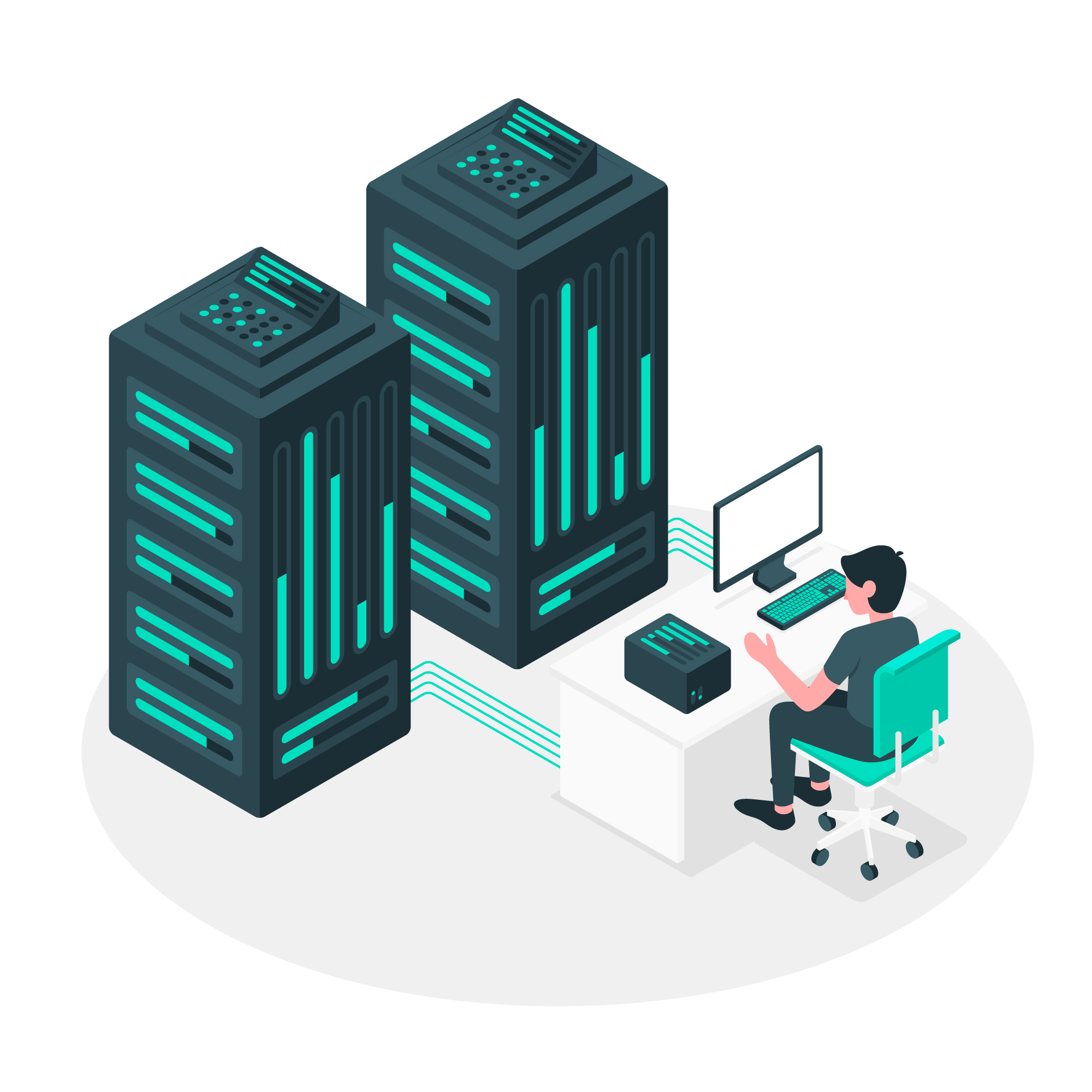The Ultimate Guide to Dedicated Servers: Performance, Security, and Control
In today’s digital age, businesses and individuals require reliable hosting solutions to support their online operations. One such powerful solution is a dedicated server. But what exactly is a dedicated server, and why is it essential for many businesses? Let’s dive into the details.
What is a Dedicated Server?
A dedicated server is a physical server that is exclusively allocated to a single user or organization. Unlike shared hosting, where multiple users share the same server resources, a dedicated server ensures that all computing power, storage, and bandwidth are solely at the disposal of one client. This setup provides enhanced performance, security, and customization.
Advantages of Using a Dedicated Server
- Enhanced Performance – Since the server is not shared, users can enjoy maximum processing power, memory, and disk space, which is crucial for high-traffic websites, applications, or gaming servers.
- Improved Security – Dedicated servers offer better security because no other users are sharing the space, reducing the risk of cyber threats, hacking, or malware attacks.
- Full Control and Customization – Users have complete control over the server, including the choice of operating system, software installations, and configurations.
- Scalability – Businesses with growing needs can scale up their resources without worrying about the limitations imposed by shared hosting.
- Better Reliability – Since resources are not split among multiple users, dedicated servers provide greater stability and uptime.
Who Needs a Dedicated Server?
A dedicated server is ideal for:
- Large businesses that require high-speed processing and secure data storage.
- E-commerce platforms handling thousands of transactions daily.
- Gaming companies hosting multiplayer online games.
- Media streaming services requiring high bandwidth and performance.
- Developers and IT professionals needing a flexible and customizable environment.
Factors to Consider When Choosing a Dedicated Server
When selecting a dedicated server, consider the following aspects:
- Processor and RAM – Ensure the server has sufficient CPU power and memory to handle your workload.
- Storage Type – SSD storage provides faster performance compared to traditional HDDs.
- Bandwidth and Network Speed – Choose a plan that accommodates your traffic needs.
- Security Features – Look for features like DDoS protection, firewalls, and encrypted connections.
- Customer Support – Reliable 24/7 support is essential for troubleshooting and maintenance.
Dedicated Server Providers
There are numerous hosting providers offering dedicated servers. Some popular names include:
- DeltaHost – Known for high-performance servers with customizable options.
- Bluehost – Offers dedicated hosting with strong customer support.
- OVHcloud – Specializes in scalable and affordable server solutions.
- HostGator – Provides managed and unmanaged dedicated servers for different needs.
Conclusion
A dedicated server is a powerful solution for businesses and individuals who need maximum performance, security, and control over their hosting environment. Whether you are running an enterprise-level application, an e-commerce site, or a gaming platform, investing in a dedicated server can significantly improve efficiency and reliability. Choosing the right provider and configuration will ensure that your online operations run smoothly and securely.



